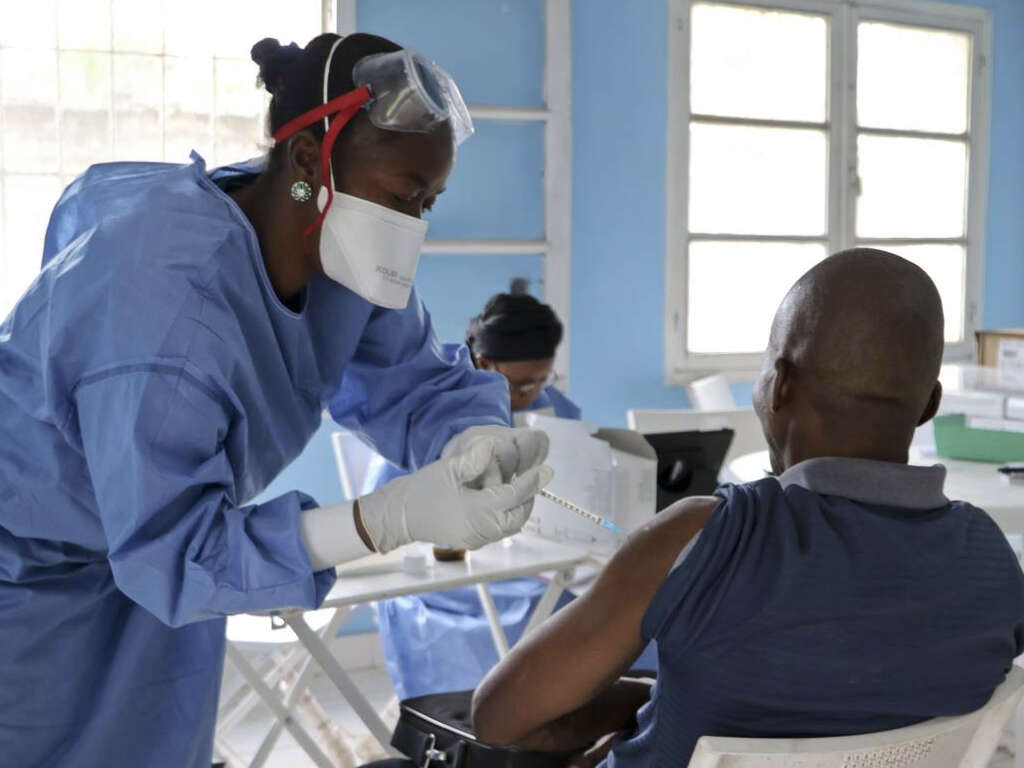10 Tularemia Symptoms
 Article Sources
Article Sources
- 1. 'Signs and Symptoms of Tularemia | CDC.' Centers for Disease Control and Prevention, 18 Dec. 2019, www.cdc.gov/tularemia/signssymptoms/index.html
- 2. 'Tularemia - Symptoms and Causes.' Mayo Clinic, 29 Aug. 2018, www.mayoclinic.org/diseases-conditions/tularemia/symptoms-causes/syc-20378635
- 3. 'Tularemia: MedlinePlus Medical Encyclopedia.' MedlinePlus - Health Information from the National Library of Medicine, medlineplus.gov/ency/article/000856.htm
- 4. 'Tularaemia. Understand About Tularaemia Zoonosis Infection.' Symptom Checker, Health Information and Medicines Guide | Patient, 19 Oct. 2016, patient.info/doctor/tularaemia
Upset Stomach
Along with a sore throat, tularemia can cause abdominal pain, diarrhea and vomiting. Swallowing may be painful, but it's important to continue to drink water and clear fluids to remain hydrated and aid recovery.1‘Signs and Symptoms of Tularemia | CDC.’ Centers for Disease Control and Prevention, 18 Dec. 2019, www.cdc.gov/tularemia/signssymptoms/index.html
Oropharyngeal tularemia is commonly caught by eating undercooked rabbit. Wild meat can carry many foodborne illnesses and should be handled carefully. Wearing gloves while butchering or handling wild meat and cooking the meat thoroughly can help prevent tularemia and other infections.4‘Tularaemia. Understand About Tularaemia Zoonosis Infection.’ Symptom Checker, Health Information and Medicines Guide | Patient, 19 Oct. 2016, patient.info/doctor/tularaemia
Advertisement











